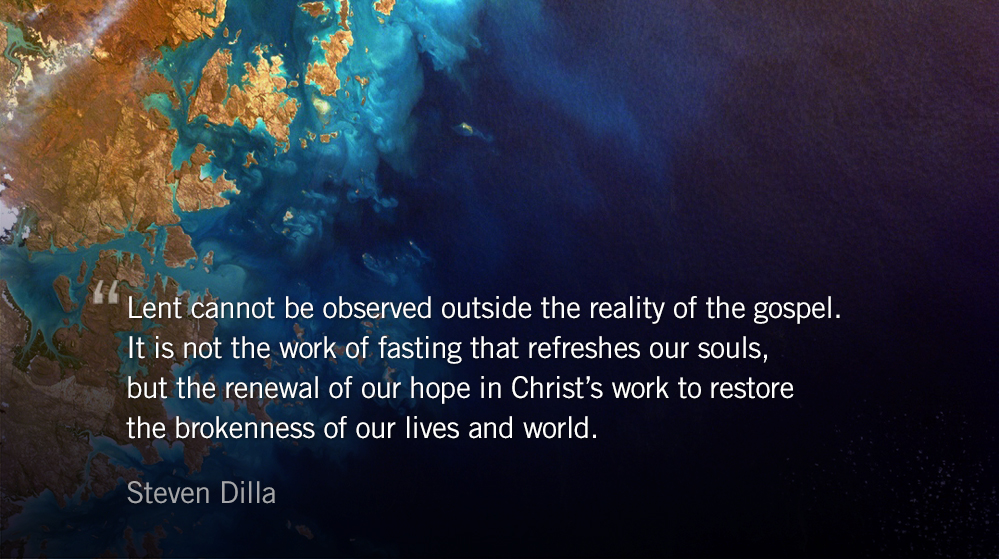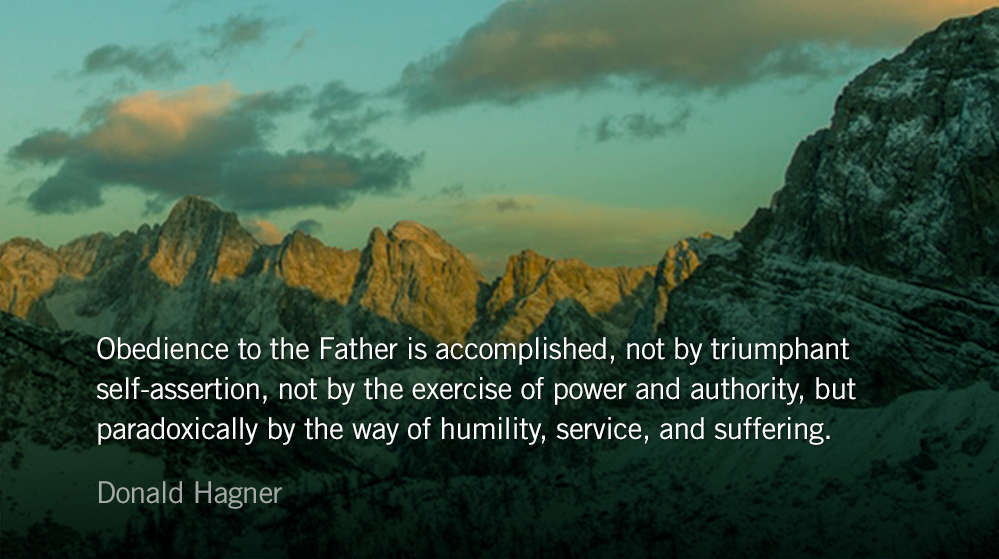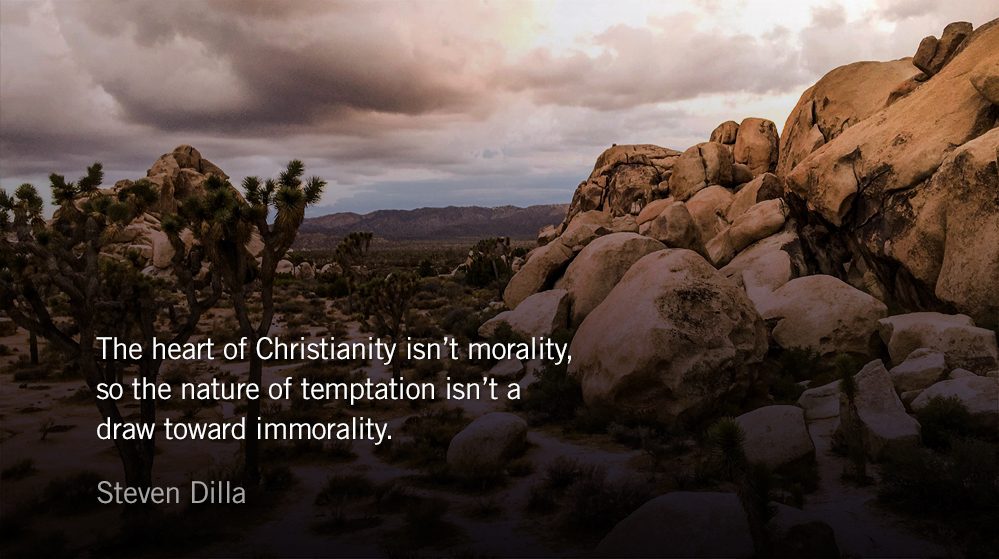Indeed the safest road to Hell is the gradual one–the gentle slope, soft underfoot, without sudden turnings, without milestones, without signposts.
—C.S. Lewis
Lenten Reflection: The Mindfulness of Lent
The Park Forum
“What would happen,” asks Harvard psychologist Ellen J. Langer, “if everyone were equally respected and encouraged to be mindful?” Langer’s work explores the ways mindfulness could enhance our health, success, and overall quality of life.
Living in a broken world demands a certain level of mindlessness as a compensatory mechanism. On the grand scale, the realities of unfettered consumerism, poverty, and genocide are difficult to face each morning—not thinking about them is easier.
A recent web documentary series chronicles three Norwegian teens’ journey to the workers who manufacture their discount clothing. “What kind of life is this?” one of the young women asks through tears after a day in a Cambodian sweat shop. “When you start to interview a person you realize she is worth just as much as you.”
In the same way we are necessarily mindless to the brokenness of the world, we do our best to suppress the regrets of our personal sin. We have awareness we have distanced God and hurt others—but who can bear to dwell on such things?
Dr. Langer teaches that the transition from mindlessness to mindfulness begins when we realize that “at some point the behavior that made sense now doesn’t.” It is an epiphany—new realities have bearing on past events.
Awareness of sin is a dreadful experience—and without Christ it makes sense to suffer under the weight of our own brokenness. In light of the gospel, this suffering no longer makes sense. The apostle Paul, who regretted his violent past, said Christ’s resurrection reoriented his life: “one thing I do: forgetting what lies behind and straining forward to what lies ahead.”
The Christian season of Lent is an invitation into this kind of mindfulness. Typically thought of as a season to be sorrowful over sins, Lent cannot be observed outside the reality of the gospel. It is not the work of fasting that refreshes our souls, but the renewal of our hope in Christ’s work to restore the brokenness of our life and world.
Kierkegaard’s words are the tuning pitch for why observing Lent and celebrating Easter are so powerful in the lives of believers: “You rest in the forgiveness of sins when the thought of God does not remind you of the sin, but that it is forgiven; when the past is not a memory of how much you trespassed, but of how much you have been forgiven.”
Prayer: The Request for Presence
Satisfy us by your loving-kindness in the morning; so shall we rejoice and be glad all the days of our life. — Psalm 90.14
– From The Divine Hours: Prayers for Springtime by Phyllis Tickle.
Full prayer available online and in print.
Today’s Reading
Exodus 14 (Listen – 4:46)
Luke 17 (Listen – 4:22)
Today’s Reading
Exodus 15 (Listen – 4:11) Luke 18 (Listen – 5:27)
Exodus 16 (Listen – 5:02) Luke 19 (Listen – 5:29)




